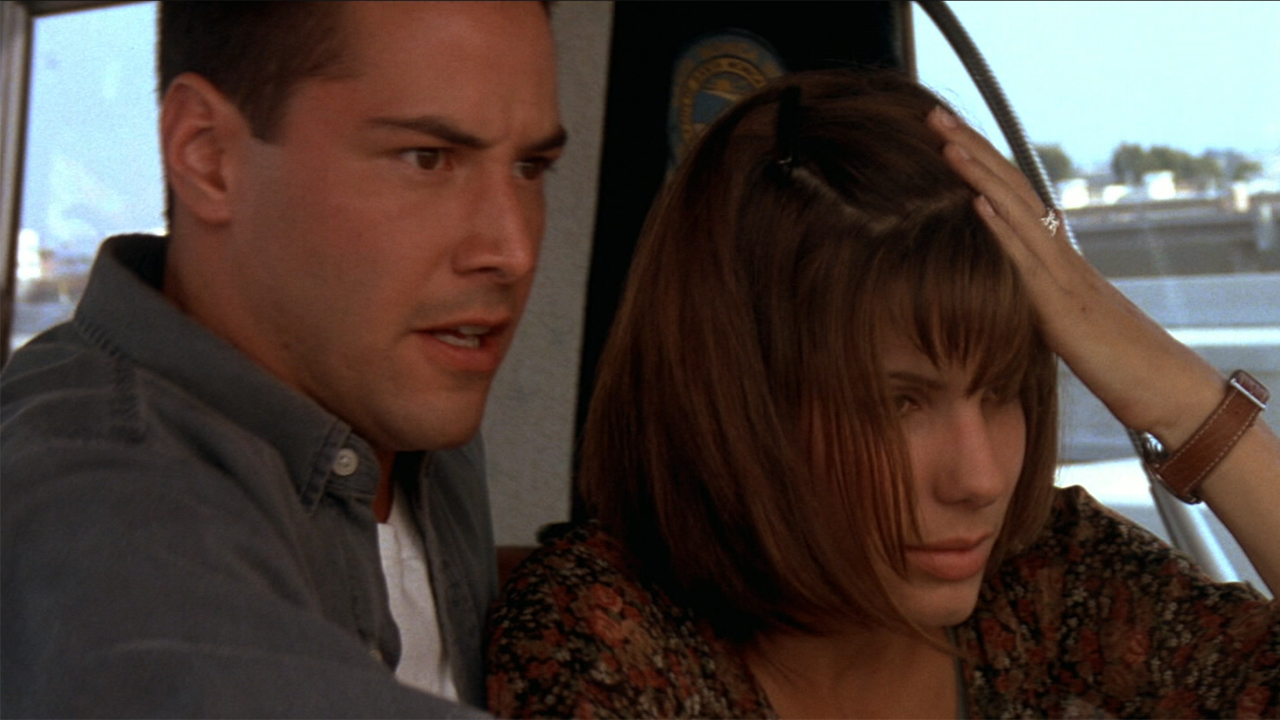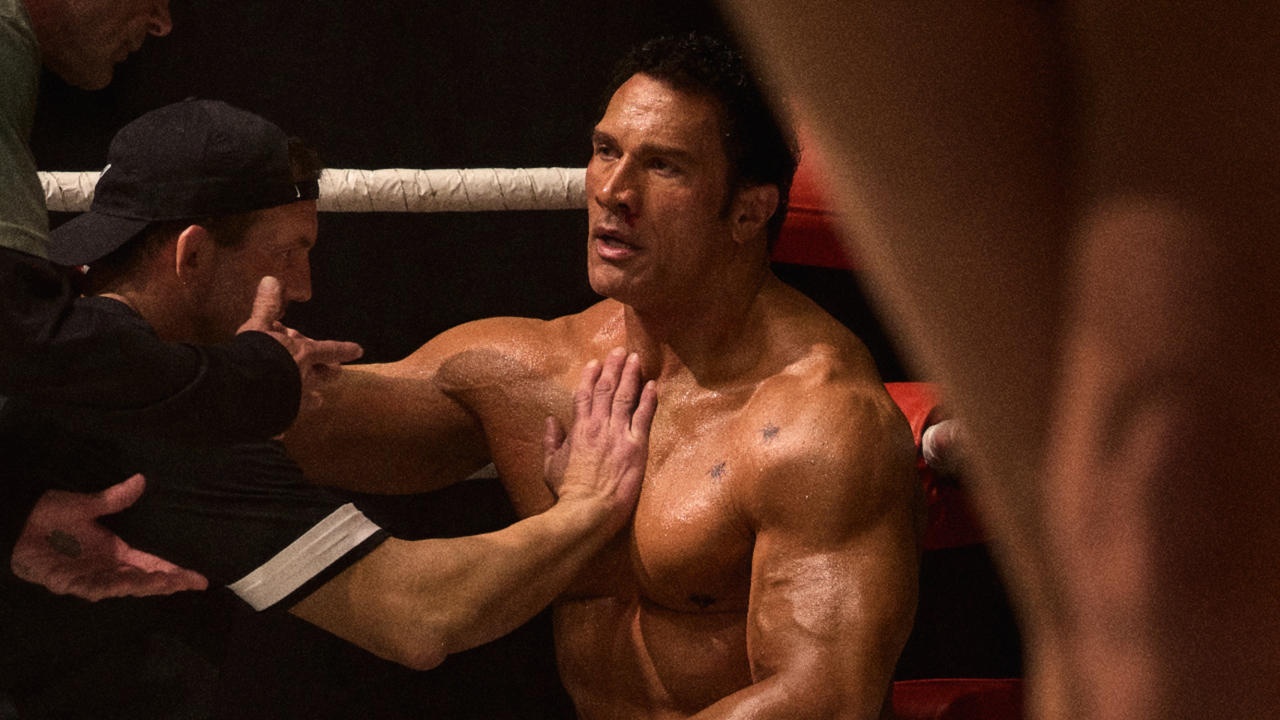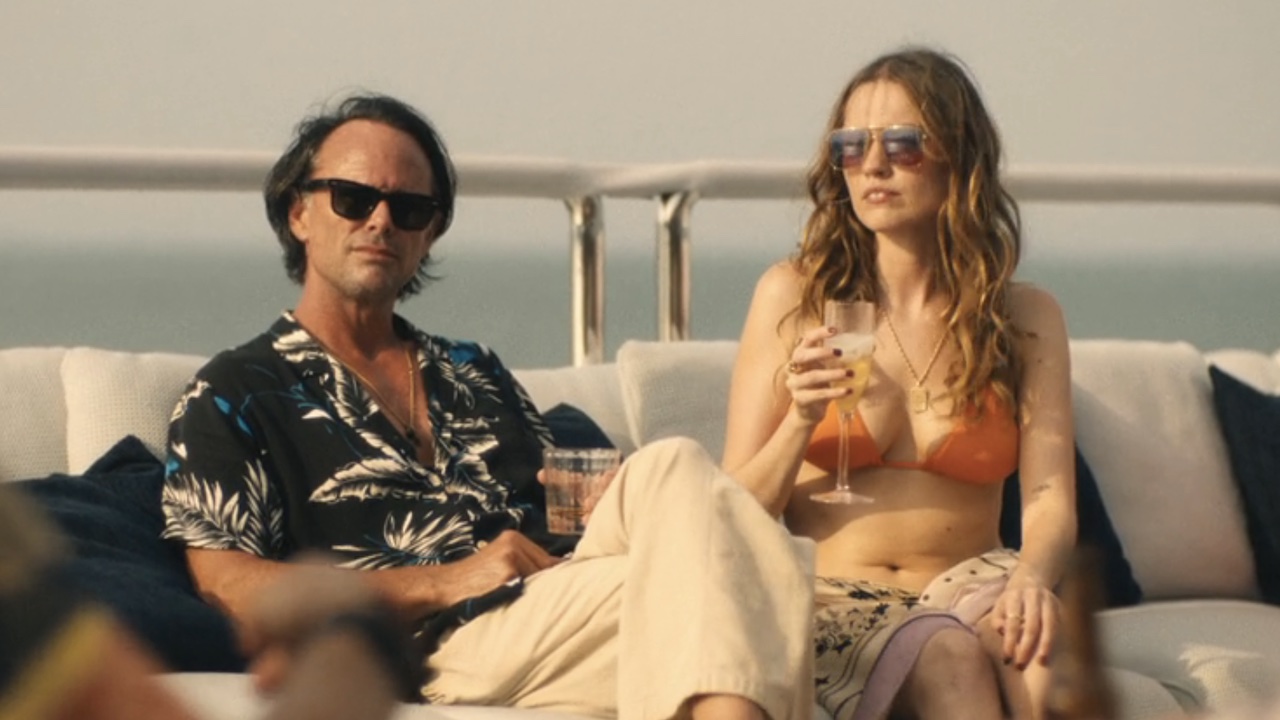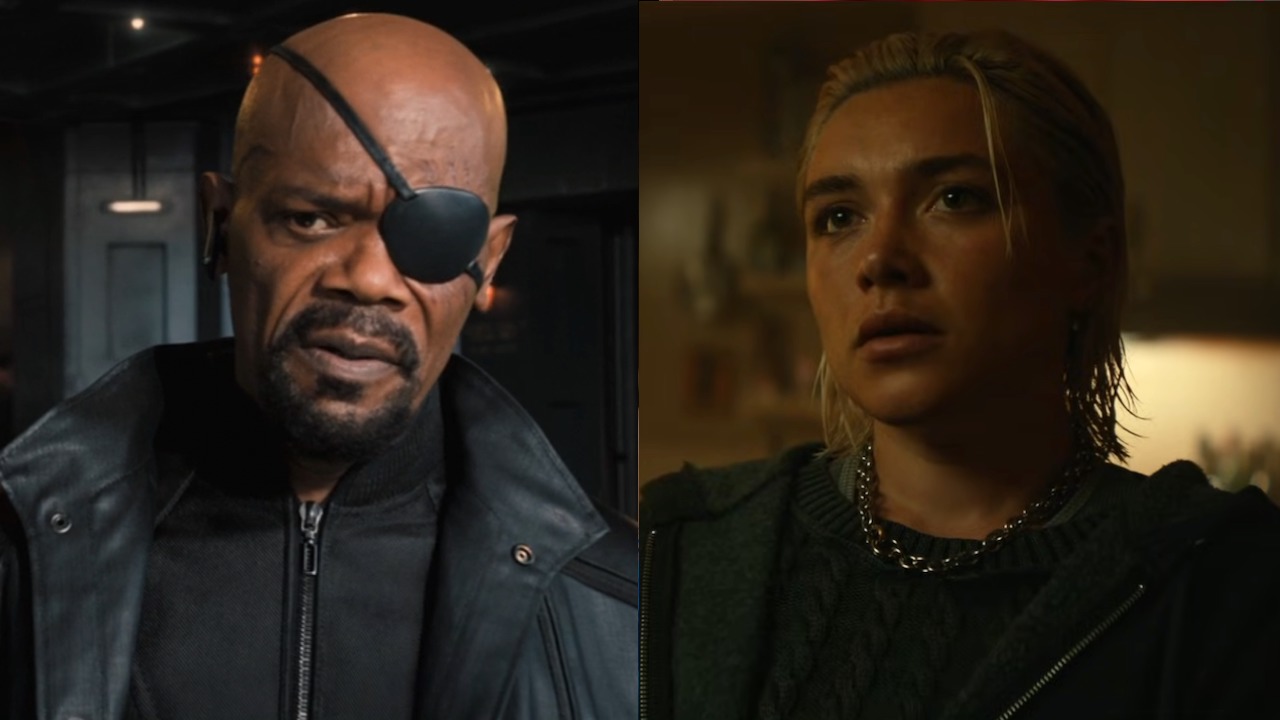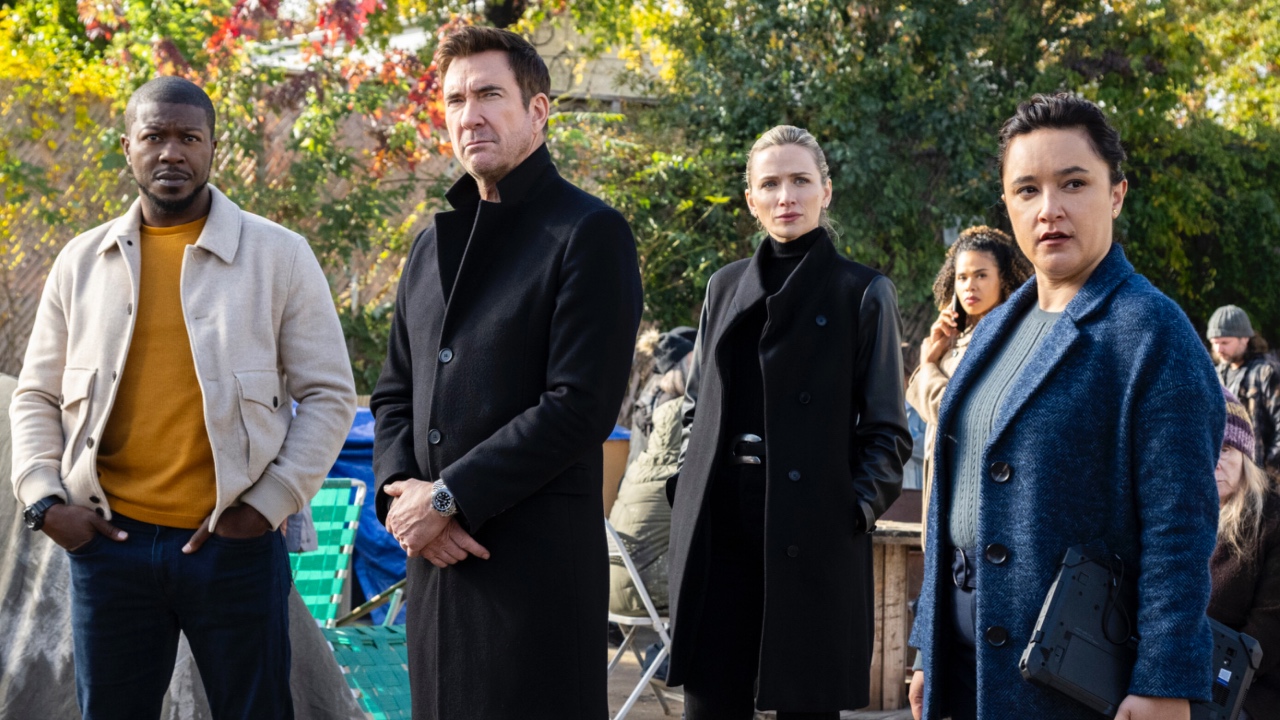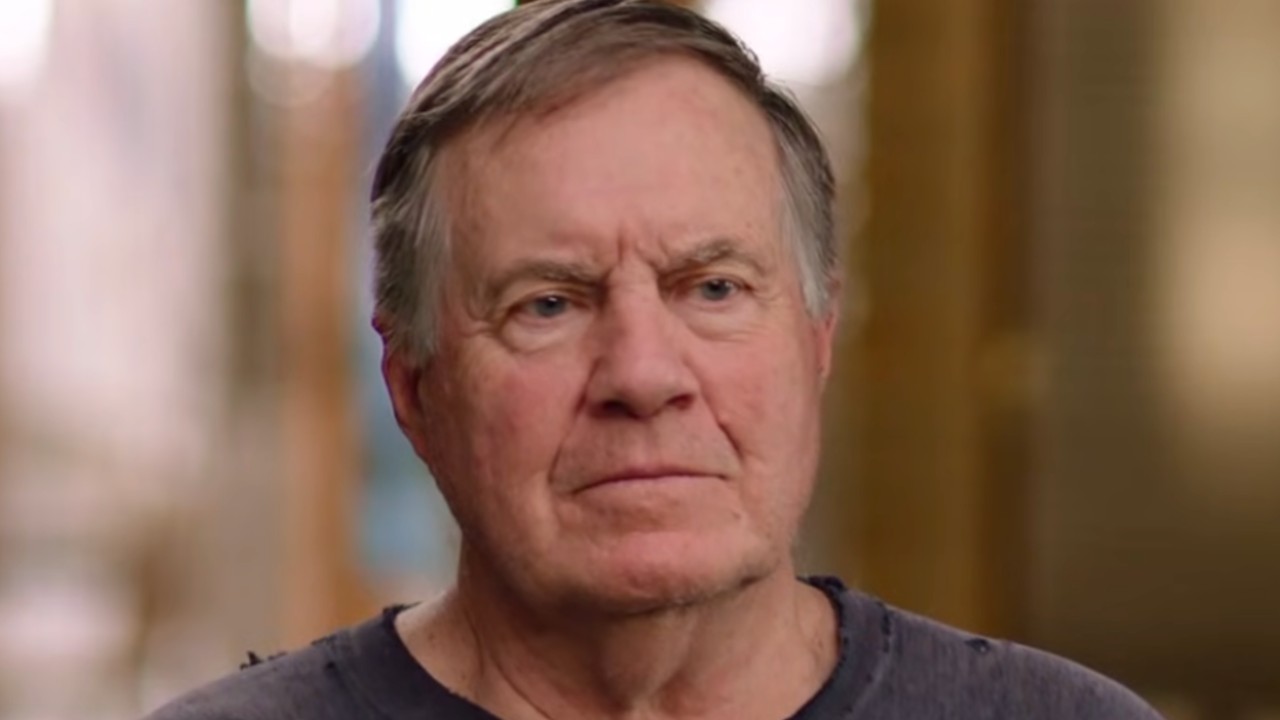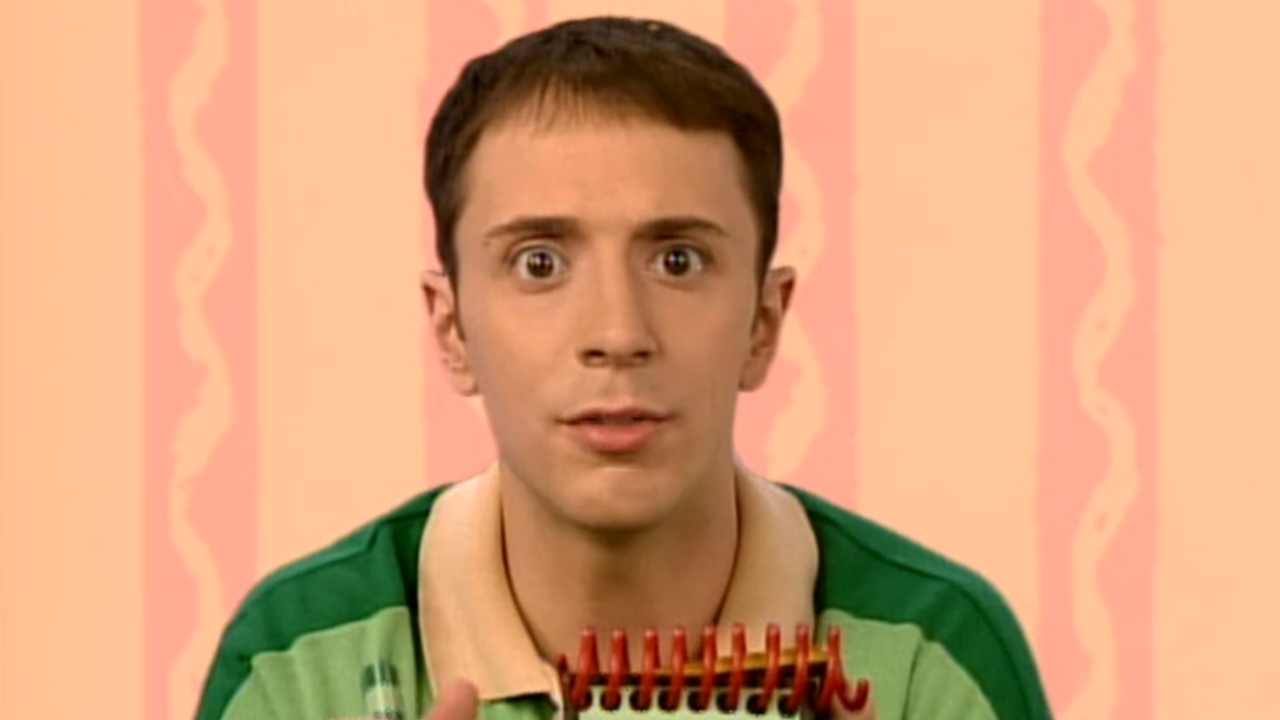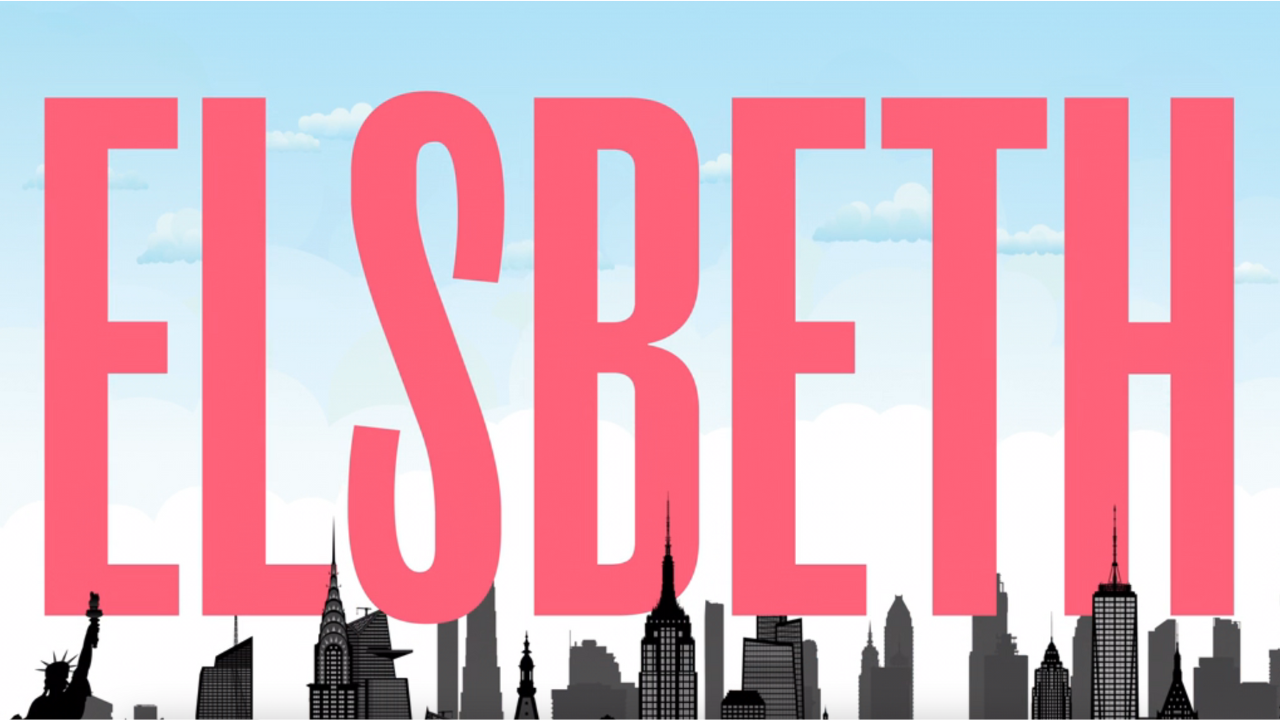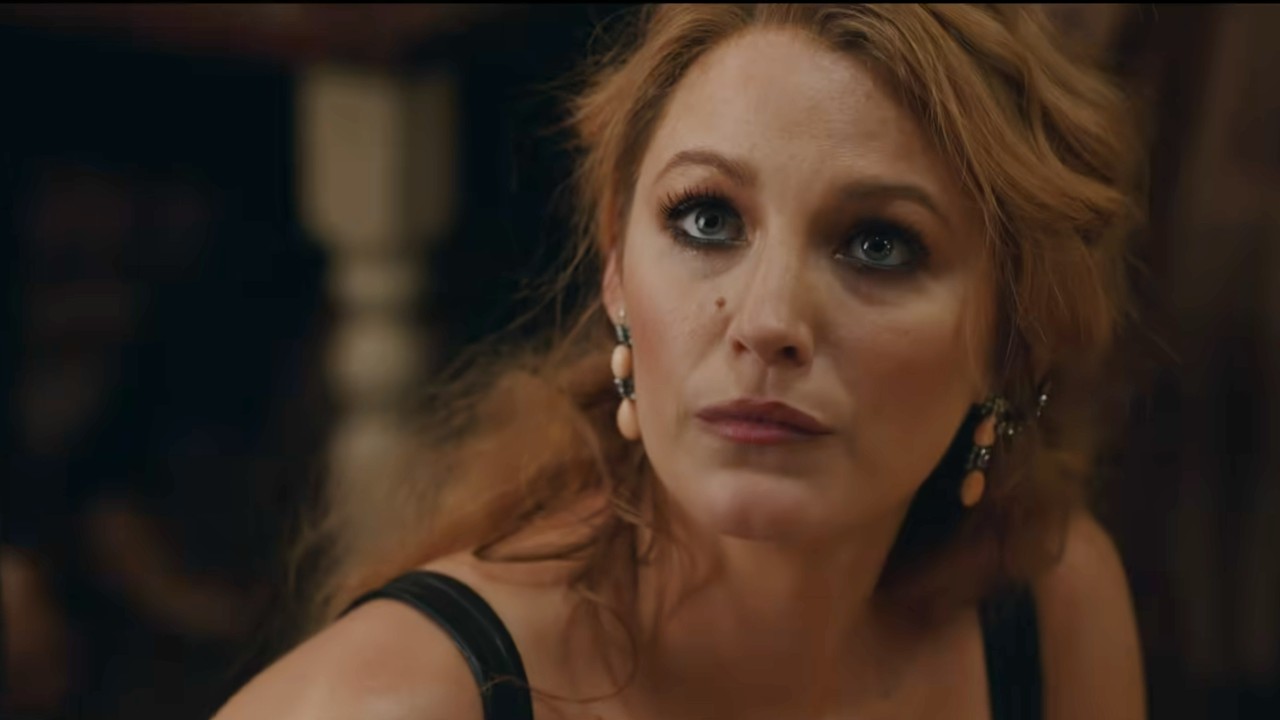Interview: We Own The Night Director James Grey
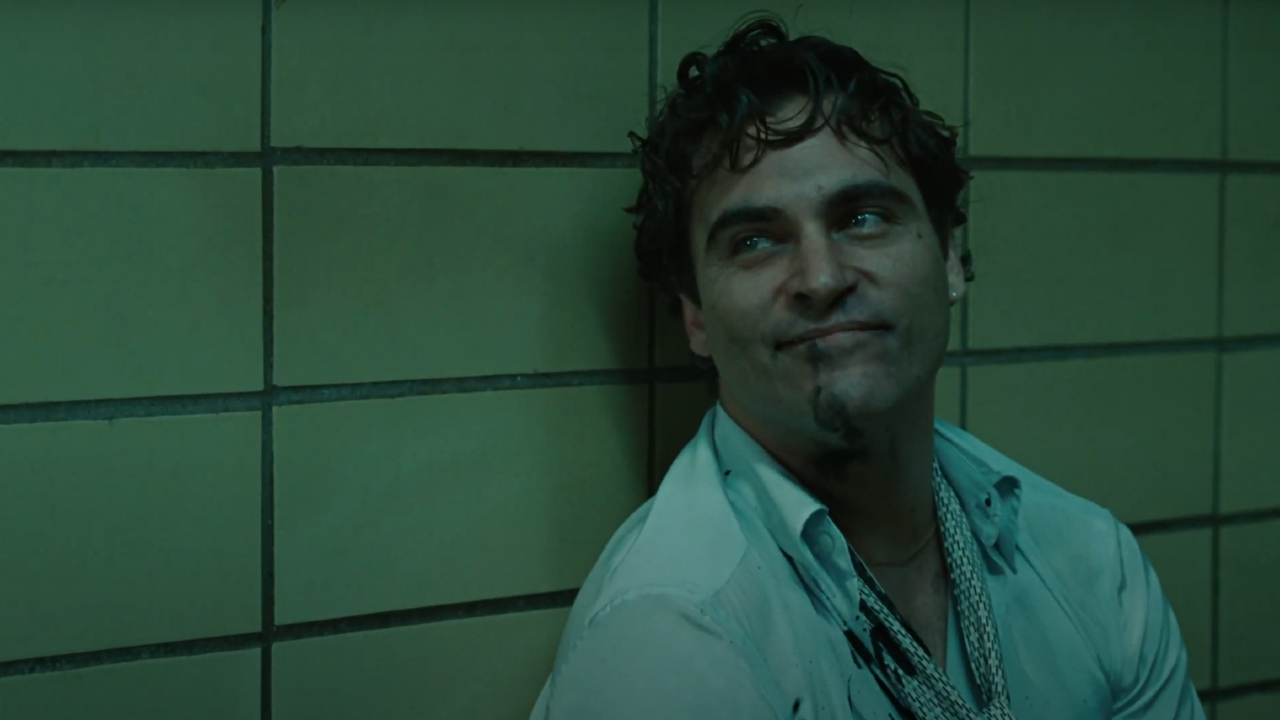
James Gray knows what he likes: he likes his hometown, New York. He likes movies around crime and families. He likes Joaquin Phoenix and Mark Wahlberg. In his latest film, We Own the Night, he brings together all three, spinning a tale of two brothers on opposite sides of the law and the tough, crucial decisions that bring them together. Used to working outside of Hollywood—he’s written and directed three films in the last thirteen years—Gray has plenty to say about the challenges of making work you feel passionate about, and sticking to your guns on everything from casting to period details. It’s also worth noting that there are several sections of the interview cut out, since understanding them relies on hearing Gray sing. I’m sorry for you all that you had to miss it.
So, where were you in the club days in the 80s in New York?
I was going to clubs. I’m from Queens, I was hanging out in Brooklyn a lot, the drinking was 18. I was going to Studio 54 when I was 12 years old. It’s true. It’s crazy.
Is it tough to shoot an 80s period film, now, in New York?
It’s very hard. You don’t think it is, but it is. Very small things that you would never even contemplate have changed. You don’t realize that New York is insanely different.
So, did you know your share of Russians in those days
The movie may be awful, but it’s not inaccurate. I’ll leave it at that.
CINEMABLEND NEWSLETTER
Your Daily Blend of Entertainment News
Mark [Wahlberg] and Joaquin [Phoenix] were wonderful together in the film The Yards, but it didn’t do that well commercially, so, why team them up again?
[Long pause] Why team up again? I don’t know because the only thing I cared about was them as actors and as artists. So much emphasis is put on money in our society. I just feel like they’re, in their own very different ways, among the better actors that are working today in the English language. So, if they’re willing to work with me, then why wouldn’t I want to work with them again? I don’t really think about how much money it does or doesn’t make. I just think do those actors move me? And if the answer is yes you just gotta go with… I’m not trying to say the things I’ve done are as good as this, I know they’re not, but […] I don’t remember anyone telling Martin Scorsese, “You shouldn’t work with Robert DeNiro again. Raging Bull was not a success.” To me you go with what you feel passionate about and what moves you.
What was so special about Eva that you pursued her to be in the film.
It’s very difficult to put your finger on why a certain actor or actress will capture your attention and you’ll think they’re right for a role. There’s an essence to a person. There are certain people who don’t resonate on camera and there are certain people who do. I had seen Eva do a talk show of all things and I sensed a wonderful intelligence. An emotional intelligence. An awareness. My wife said, “You should meet her.” And I met her and I just thought what she could bring to the role was such a humanity. And what she said was, “Nooo.” Which of course makes you want her even more. So, I begged her for over a year. […] Every actor I’ve ever worked with has said no and I just have to keep asking.
How about shooting that car chase scene?
It’s the demand of all demands to do a car chase that’s unique because there are so many…really since the beginning of film even in the silent era, The Keystone Cops. I didn’t have any ideas and I was really depressed and I was driving down the 101 freeway in L.A. to a meeting. People don’t realize how heavily it can rain in Los Angeles in the winter months and I couldn’t see out the front window and a truck started to jackknife and I was really scared. I was very close to dying, and I managed to just escape this truck at the last second. I was like, “Well, I don’t think I’ve ever seen a car chase that employs weather. The elements.” What I did was say, “Let me basically break all the rules that have been set up for car chases.” I watched, I wanna say 200 movies of car chases, everything from The Keystone Cops to Bad Boys 2. I watched everything. I knew I couldn’t top the stunt work in something like Michael Bay’s films [Transformers, Bad Boys]. You just can’t top that, it’s amazing. What I tried to do to distinguish my approach was the weather, the elements, as if the gods were making their statement. I tried to do everything in reverse so the good guys aren’t chasing the bad guys it’s rather they’re chasing Joaquin and Joaquin isn’t shooting at them, they’re shooting at him, and he’s paralyzed to act. I think the most important thing about this point of view is that the camera almost never leaves the car. It’s shot almost exclusively from Joaquin’s perspective. I hope that would lend a greater authenticity to it because there would be almost a slight level of confusion about the sequence, not incoherent, but confusion because you’re inside the car and there’s that water and it’s claustrophobic and awful. All these things went into the creation it and I felt that was most important about it was that it would be consistent thematically with the rest of the film and that it would be about character[…] The car chase becomes an extension of character and narrative. It’s not simply forced on the story.
I was amazed to read that you shot it in dry weather.
The truth of the matter, why weather has never been employed like that, is that you just can’t do it. I had to kind of create a scenario where I shot it in sunlight and hoped that special effects people would be able to help me. Apparently there are only four people in the world, not to get too boring, there are four people on the earth who know how to program a piece of software called The Houdini which is a 3-D graphic CGI water effect program which is very complex. They worked on Perfect Storm and Day After Tomorrow and I got those guys to do it.
There was quite a bit of time in between this and your previous film. People say to me, “Why have you spent so much time in between movies.” The answer is, “It’s not that I want to.” […] The system is not really particularly amenable to filmmakers who write and direct their own work. It’s much more about the studio already having a property that has a marketable concept and then hiring the director on board. But, to me, I’d like it to feel personal, not necessarily autobiographical it’s not the same thing, but personal and to have that feel it has to originate from me. I wrote the script in a year but it just took me forever. And, really also, I wrote it for the two boys. Joaquin’s star only became big enough after Walk the Line.
Going back to the car chase, can you talk about your attention to sound, in that scene and throughout the film?
Sound is half the experience. It’s one of the most underrated and underestimated things in your arsenal. It’s like a weapon! It’s the ultimate weapon in a way for a filmmaker, because it enables the scene to work unconsciously on the audience. The visual is very obvious, you know? Sound, you’re not supposed to necessarily notice what the filmmaker is doing--in a way it’s the unconscious hand. And the point of view thing that I talked about, one of the things I tried to really focus on was the lack of music. I resist generally scoring a film where the audience is told what to think about the scene. There’s a tradition of scoring—in essence every beat is scored. And then in the late 60s and early 70s American cinema had a different mood about it and they started to score the moments after the dramatic moments so the movies had very little music. […] Movies moved away from that 30s style of scoring and now they’ve moved back to it. So what I tried to do was to do something much more in the spirit of late 60s early 70s cinema where there’d be very little music and there’d be a whole series of sound effects that were subjective because the point of view of the film would be clearly Joaquin’s. […] There would never be music telegraphing what you were to feel. So, in the film the score always hits you after the moment.
So, you’re casting Joaquin in your next film…what attracts you so much to him?
Well, I love Joaquin […] and I love Wahlberg equally, I love him in a different way. He has different qualities. Joaquin to me is the closest thing we have today to the actors of the 70s I liked, even Montgomery Clift and Marlon Brando before them. The types of actors that when you watched them on screen you knew there was something going on inside, there was turmoil inside. That’s an amazing thing you get from an actor. He’s also incredibly hard working. Joaquin is not the guy you see in the movie, he is not tortured in real life, but he thinks about the character so specifically, and the arch of the character and the flow of it, that it’s very rewarding for me as a filmmaker to talk with someone who has thought about it so much. He and I care about the same things. We like the same things in movies. We like the same things in people. The thing we always stressed to each other was no distance, no ironic distance, there is no distance between actor and character and no distance between character and story. That the movie never condescends to the character. [Getting back to his upcoming film, Two Lovers] It’s a tender and sad little romance. It’s very hard to treat love with some kind of seriousness. Even Shakespeare did romantic comedies so I may fall flat on my face but I am going to give it a try.
What did you learn on set that film school could never prepare you for?
I’m tempted to say everything. I don’t think anything can quite prepare you for the whirlwind of making a film. Stanley Kubrick once said, “Trying to make a film is trying to write War and Peace on a bumper car on Coney Island.” I don’t think there’s anything that can prepare you.
In compiling this story what was your inspiration?
A: I had seen a photograph on the cover of The New York Times it was […] of a police funeral of someone who had died in the line of duty. I thought, “Well, there are a lot of cop movies and a lot of cop TV shows but nobody is doing that, they’re doing procedurals and the corrupt cop, they’re not doing people trying to do their best and sometimes failing and it’s emotional thing and maybe it’s moving.” I just decided that what I would try to do was bring to it, dare I say, a melodramatic epic component to it. I don’t think melodrama is a bad thing—all that means is that people’s emotions are validated. So it came out of that and it also came out of me wanting to do something almost mythic, almost archetypal. I had stolen, dare I say it, again I don’t think I’m this good but I stole the structure from King Henry IV parts one and two by Shakespeare. I have Prince Hal who is kind of the screw up and his friend Falstaff and the father who is kind of the ineffectual king. Lastly, and not certainly least, so much of my own personal experience. I have a father and a brother and that’s pretty much our unit because my mother died many years ago so it’s the same dynamic in the family. I went one way and my brother went the other. It’s very simple. It’s very archetypal.
Staff Writer at CinemaBlend
'It's All Gonna Add Up': Grosse Pointe Garden Society Bosses Promise Answers About The Big 'Quiche' Mystery, And Alice Is Asking All The Right Questions In An Exclusive Episode Clip
NCIS: Origins Showrunners Told Me Why They Handled Gibbs And Lala Romance The Way They Did, And I Completely Agree With The Decision

